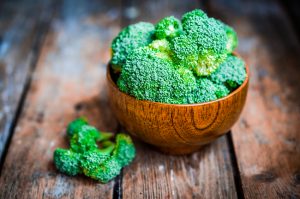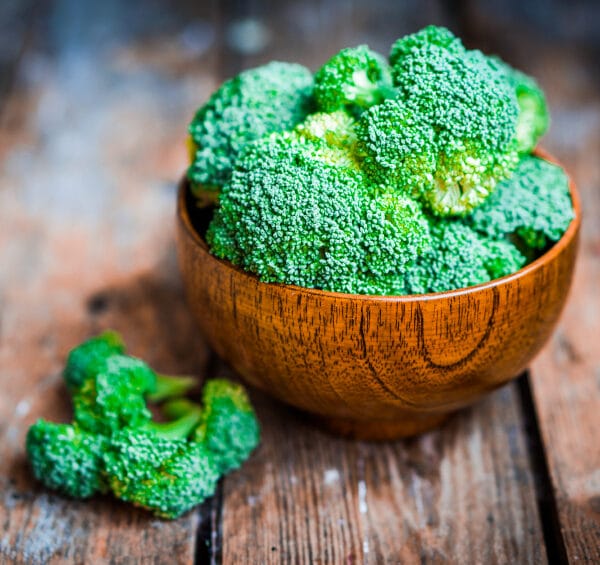
Can a broccoli extract really improve symptoms?
Media reports of a small US clinical trial this week suggest the humble green vegetable – broccoli, cauliflower or cabbage – may hold a key to helping people with ASD.
In this double blind study (meaning neither researchers nor subjects were aware of the treatment option received), 40 young men aged 13-27 years with moderate to severe autism, were randomly assigned to receive daily oral administration of the plant chemical sulforaphane, derived from broccoli, or a placebo, over 18 weeks.
The researchers report that within four weeks of treatment, not all, but some two thirds of the participants given sulforaphane showed significant improvement in behaviour, measured through three standard assessment scores. Specifically noted was a decrease in repetitive ritualistic behaviour and improved verbal and social interaction skills when compared to those subjects who received a placebo. Scores trended back to their original values once the intervention stopped.
Same effect in autism as a fever?
The researchers, aware from anecdotal reports that fever can temporarily improve symptoms in some autistic patients, offer the theory that, strangely, much like a fever, sulforaphane can upregulate a heat shock protein response (involved in the way the cells in our body deal with physiological stress), which may somehow trigger or speed up the signalling between brain regions, facilitating skills such as communication.
Study far too small to draw any firm conclusions
Because autism is a ‘spectrum’ disorder, it affects different people in different ways. Much of the focus in ASD is on behavioural modification programmes trying to ameliorate behavioural effects, and drugs that target specific aspects, controlling symptoms like aggression, hyperactivity and sleep disorders. This study is interesting because it tries to address the cause.
However, whilst the results are intriguing and suggest that further investigation is merited, based on such a small and selected group it is too early to draw firm and generalisable conclusions on whether sulforaphane, let alone broccoli, is beneficial in autism. These findings will need to be replicated in a much larger study including in younger children and adults, closely monitoring any potential adverse side effects.
A concentrated broccoli extract is not the same as broccoli
Furthermore, the amount of sulforaphane administered (9-27mg) was many times the amount you would find in sulforaphane-rich foods like brussel sprouts and broccoli. So for the moment general dietary advice to eat a more plant-based diet, including green leafy vegetables, seems sound, but parents of children with autism should not feel guilty if their child refuses to eat broccoli.





